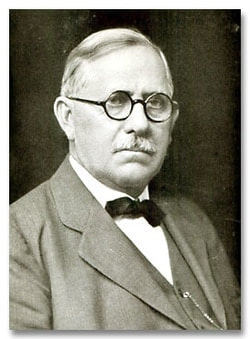
Often we believe the storm is the battlefield where we face our enemy. The battlefield is the other side of the lake. It is in the storm that we can have an encounter with the Lord. There will be no transformation on the battlefield if there is no transformation on the boat. My prayer is that we each one will have an encounter with Jesus in the midst of our storms.
Like the disciples, we are traveling in uncharted waters today. One thing we know for sure the future ahead of us will be nothing like the past behind us. We are living in a time of change. The first order of business in rapidly changing times is to decide what we will not change! We must not compromise the gospel message. As I look back over my life, I have experienced a lot of changes. Today we are a mission outpost. We must learn and understand the language and the culture of the places where we have been called to serve. We all love to gather and worship, but this can not be the end, we praise the Lord and are grateful for His grace and presence in our lives, and He compels us to go into our world with the gospel.
All around us are people who need the Lord. I am praying this week I will be sensitive to everyone I meet and that I can share God’s love with them. Having met Him in a few storms, I can say the Lord is the Peace speaker! He speaks peace to me today that I may take His peace into my world.
This post was written by Dr Ron Blake. You can find his original post here: wesleyshorse.com/a-lesson-learned-on-a-boat-with-jesus/








 RSS Feed
RSS Feed